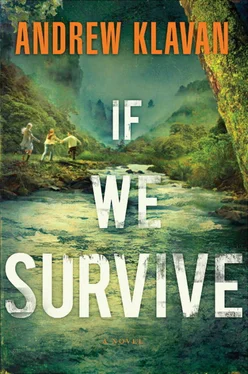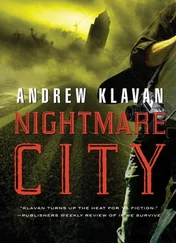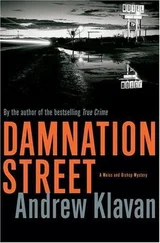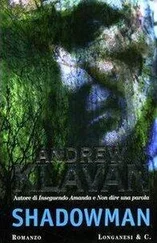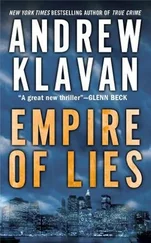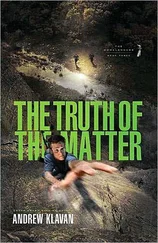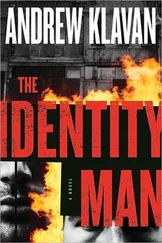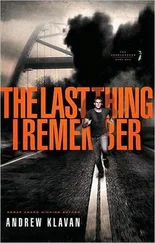“And that’s why the government wants to find you now, because they realize you’re not on their side at all. That you’re against them. Or maybe you just don’t care. Maybe you were just running guns for the money.”
Palmer answered with another shrug.
“But… I don’t understand. How can you be against the rebels?” Jim sputtered as the fervor of his beliefs overwhelmed him. “Fernandez Cobar has risked his life, has risked everything, to bring this horrible government down. Even Mendoza…”
“Mendoza, who gave the order for you to be lined up against a wall and shot,” Palmer reminded him mildly.
“I know. I know,” Jim said. “But don’t you think Mendoza has a good reason to be angry? You know he does.”
Again, it was a long time before Palmer answered, and during that time no one said anything. Nicki and Paolo and Corinna and her daughter went on studying the table, as if the whole conversation just embarrassed them. But Meredith—she kept her eyes on Palmer, watching him, listening to every word he said. Trying to get some idea of who he really was, I thought.
Jim, meanwhile, waited for an answer, glaring at Palmer across the table, his eyes practically leaping out of his head. Palmer casually looked down at his own hands, fiddling with his spoon and smiling with one corner of his mouth.
“What I know about Mendoza,” he said slowly after a while, “is that he’s a petty gangster who enjoys pushing people around. I’ve already told you what I think of Cobar: a psycho killer.”
“But in his book—”
“I know,” said Palmer, lifting a hand. “But a killer who writes a book is still a killer—even if it’s a book about peace and justice. A thug with a lot of high-blown political ideas is still just a thug in the end.”
“But he’s at war with a brutal government…”
“Gangsters get in wars with each other all the time,” said Palmer. “That doesn’t make one side good and the other bad. And it doesn’t mean I have to care which bunch of bullies and thugs wins the day. You think the people in this village will be any better off when it’s Cobar’s government murdering them instead of the government they had before? The only one who’ll feel any better about it is you, because you’ll think it’s all for some higher cause— fairness or justice or whatever they’re calling it nowadays. Whatever they do call it, it always translates to the same thing in the end: obey the man with the gun or he’ll kill you. The truth is, Professor, there’s only one higher cause I know of. That’s the right of every man to go his own way and spend his own money and speak his own mind and find his own salvation. You show me the side that stands for that and I’ll fight for them. I was a United States Marine, friend. I have fought for them.”
Palmer made a face then, as if he was annoyed with himself for saying so much. “I’m going to sleep,” he said. “I suggest you all do the same. We leave before dawn.”
A hand shook my shoulder. I woke out of a sound sleep to hear Palmer’s whisper in the dark: “Move it, kid, let’s go.”
I was still only half awake when Corinna put a tortilla in my hand and kissed me on the cheek and sent me out the door.
We piled into the back of a pickup jalopy: Nicki and Meredith and Jim and I. Paolo drove and Palmer sat beside him in the cab. We bounced down out of the village on the rough dirt road. Even though I could feel the first fresh breezes of dawn coming down to us over the tops of the jungle trees, the open sky above us was still night black, splashed with bright, white, twinkling stars.
We rode in silence mostly. Nicki was sleeping. Jim, I could see, was staring gloomily down into the truck. Meredith—I stole a glance at Meredith now and then and she was leaning back against the side of the truck bed, gazing up at the stars. She looked as if her mind was far, far away. I wanted to ask her what she was thinking, but I wasn’t really sure I wanted to know the answer.
So I sat quietly too and thought about all the things that had happened. I thought about the stuff Palmer had said last night. About how the government were bad guys and the rebels were bad guys too, and no matter who won, the regular people, the natives in their villages, were going to get hurt. The more I thought about it, the sadder it seemed. Costa Verdes was a beautiful country. The people we’d met had mostly been nice people, just like anyone you’d meet back home. The children especially were just like children anywhere. I remembered how excited they were when we came to rebuild their school and how they’d watch us shyly from a distance and how happy the girls were when Nicki did their hair for them and so on. And no matter who wound up running the country, nothing was going to get better for them. Because everyone was fighting to make them be what they wanted them to be, but no one was fighting for their right to be whomever they chose.
I was thinking about that—and then my mind flashed back to the man I had shot. I saw him again, the bullets from my weapon ripping into him as he tried to throw the hand grenade at our escaping van. The image of it made something go sour in my stomach. I found myself wondering about the guy. I wondered if he’d had a family: a wife… kids… He had a mom and dad somewhere, for sure, just like I did. I wondered if he had really wanted to be standing there, throwing a hand grenade at a group of people he never met, who never did him any harm. I wondered if he would have been different if his government had left him alone to live whatever life he chose…
I must have drifted off a bit while I was thinking about it, because the next thing I knew my head sort of jerked up off my chest and when I looked around, it was lighter than it was before. I lifted my eyes to the sky and saw that a faint touch of gray had seeped into the deep pool of blackness up there. There were fewer stars than there were before, and with every second that went by there were fewer still.
Dawn was coming.
And, as it did, the helicopters came as well.
There were two of them. I heard the beat of their rotors first, and when I looked around I saw one and then the other come swiftly into view over the trees to our right. Black, insect-like shapes against the lightening sky, they got closer and closer, larger and larger, until they swept right over us, pounding the air, the noise deafening. They didn’t pause or hover. They just kept going, the noise fading swiftly as they disappeared over the trees to our left.
Whew, I thought. That was close . But it seemed they hadn’t seen us.
The next thing I knew, the truck—already bouncing hard in the deep ruts of the dirt road—stopped short, jerking me and the others forward toward the cab, then flinging us back to the rear of the bed. The truck started moving again right away, but now the sound of voices reached us from inside the cab—Paolo’s and Palmer’s voices, raised in anger.
Meredith and Jim and I exchanged looks. Then we peered forward through the dusty rear window of the pickup’s cab.
We could see Palmer and Paolo in there, Paolo behind the wheel, Palmer sitting to his right in the passenger seat. We could see Palmer gesturing angrily with his hand, his face dark, his voice harsh. And Paolo was shouting back at him, also gesturing with one hand while steering the truck unsteadily with his other. Their voices, muffled by the cab, were still loud enough to reach us where we were sitting.
“What’s going on?” I asked Meredith.
She shook her head. “Not sure. I can’t hear it all. But it seems Palmer wants Paolo to stop the truck and let us out.”
“Let us out? Why?”
Читать дальше
